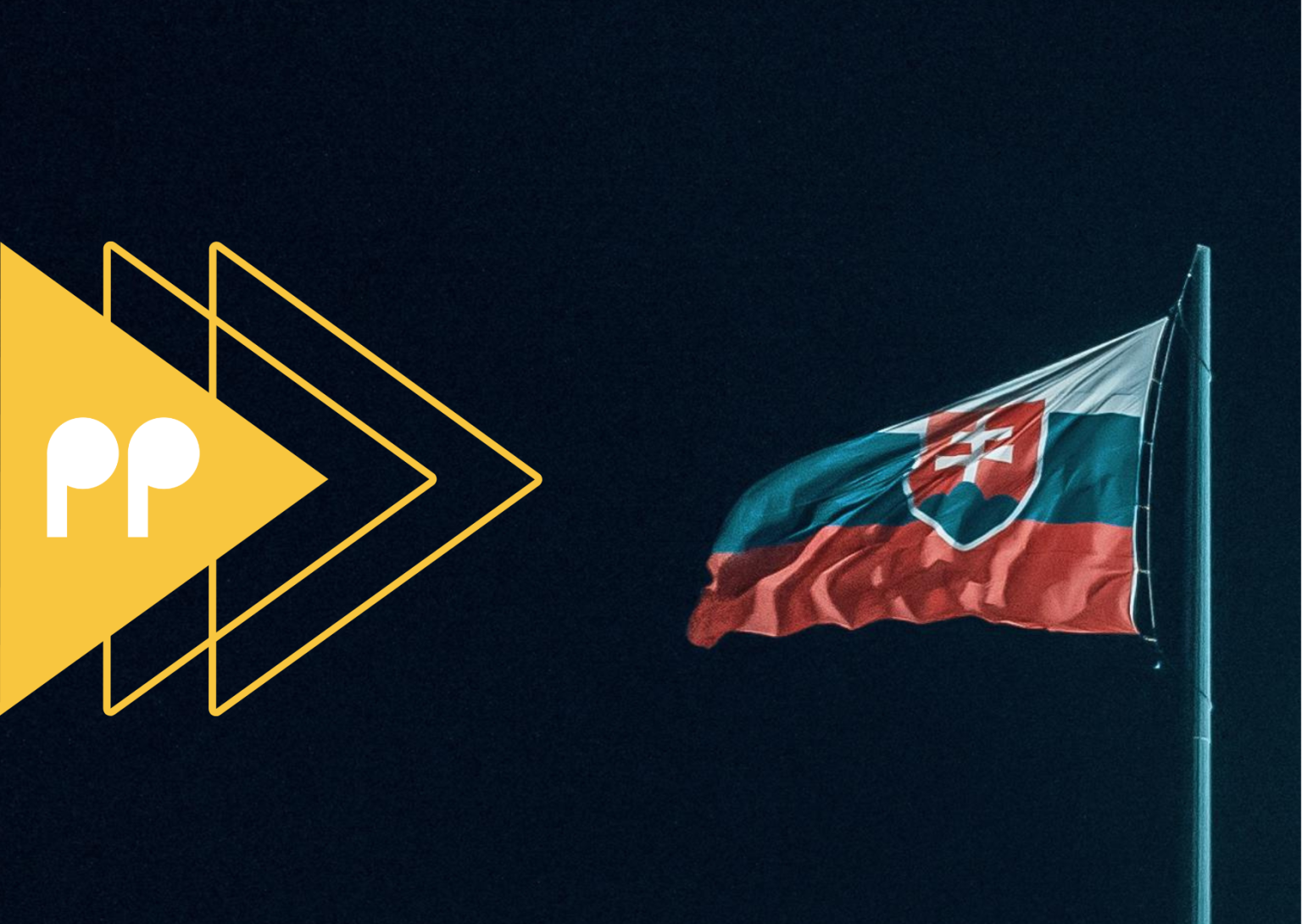In a surprising turn of events, Ivan Korčok, a staunchly pro-EU diplomat, emerged as the frontrunner in the first round of Slovakia’s presidential election, setting the stage for a critical runoff against Peter Pellegrini, an ally of populist Prime Minister Robert Fico, on April 8. This election mirrors last year’s stark choices faced in Czechia, highlighting the broader ideological battles within Slovakia and their implications for European politics.
Ivan Korčok: leading the charge
Korčok’s surprise lead in the first round, with 42.5 percent of the votes, has sent ripples through Slovakia’s political landscape. The silver-haired diplomat, a former ambassador to the United States and foreign minister, was supported by liberal and centre-right parties. His victory signals a potential shift in the nation’s direction, challenging the populist and pro-Russian stances that have characterised Fico’s tenure since he returned to power last year. As Slovakia looks to the runoff, the question now turns to the redistribution of votes from the first round, particularly those of the third-place contender, Stefan Harabin.
Backed by Progresívne Slovensko and SaS, Korčok’s platform champions the rule of law, tolerance, and open dialogue. His potential presidency promises a counterbalance to Fico’s rule, emphasising Slovakia’s integration into European and transatlantic alliances. The president has limited powers over public and judicial appointments and a right to veto legislation, which can be overridden by a simple majority of all members of parliament. Beyond that, the presidency carries a moral authority, which outgoing liberal President Zuzana Caputova wielded against Fico.
Peter Pellegrini: the continuity candidate
Pellegrini, who secured 37.1 percent of the vote, represents continuity of Fico’s policies but with a promise of moderation. His platform focuses on maintaining Slovakia’s EU and NATO ties while advocating for national unity. Despite criticisms of his party’s governance, Pellegrini seeks to distinguish himself without straying too far from the party’s core values.
A figure blending nationalism, social democracy, and Christian ethos, Pellegrini seeks to maintain Slovakia’s Euro-Atlantic commitments while advocating for national unity. His campaign, however, has been overshadowed by association with Fico’s controversial efforts to subjugate the judiciary, weaken anti-corruption laws and turn the public broadcaster into a government propaganda tool.
The battle for Harabin’s voters
With far-right former Supreme Court president Harabin gaining 11.75 percent of the votes, his supporters’ next move could be decisive. Pellegrini should logically attract Harabin’s far-right base, but he faces the challenge of consolidating these votes without alienating the broader electorate. So, he will need to court the far-right electorate subtly without triggering a backlash.
Meanwhile, Korčok needs to reach out across the spectrum, including to those disillusioned with the government’s direction.
Mobilising the silent majority
Korčok’s path to victory lies in mobilising not just his base but also first-round abstentionists and those wary of Slovakia’s current trajectory under Fico. His campaign emphasises a Slovakia committed to democratic principles, the EU and NATO, aiming to attract a broad swath of voters seeking change.
Korčok should aim to attract voters from smaller moderate or liberal candidates eliminated in the first round, appealing to their preference for democratic values and EU integration over Pellegrini’s ties to the pro-Russian Fico’s controversial policies.
Electoral implications and the road ahead
The runoff presents Slovakia with a clear choice: continue under the shadow of Fico’s policies with Pellegrini or embrace a more open, transparent future under Korčok. As the race tightens, the strategic mobilisation of voters, especially those from Harabin’s camp and the silent majority, will be crucial.
Pellegrini’s campaign experienced a wobble amid the controversies surrounding Fico’s administration, particularly the attempts to dismantle the judiciary and public broadcaster, coupled with other efforts to undermine the rule of law and hobble corruption investigations into people close to Fico. These events inadvertently bolstered Korčok’s position as the candidate embodying democratic values, attracting voters disillusioned with the current political turmoil.
The outcome of this runoff will not only decide Slovakia’s presidency but also signal the country’s future direction, either deepening Fico’s political legacy or pivoting towards strengthened democratic governance and European integration. As Slovakia decides, the implications of this election will reverberate well beyond its borders, highlighting the ongoing ideological struggles within Europe.

